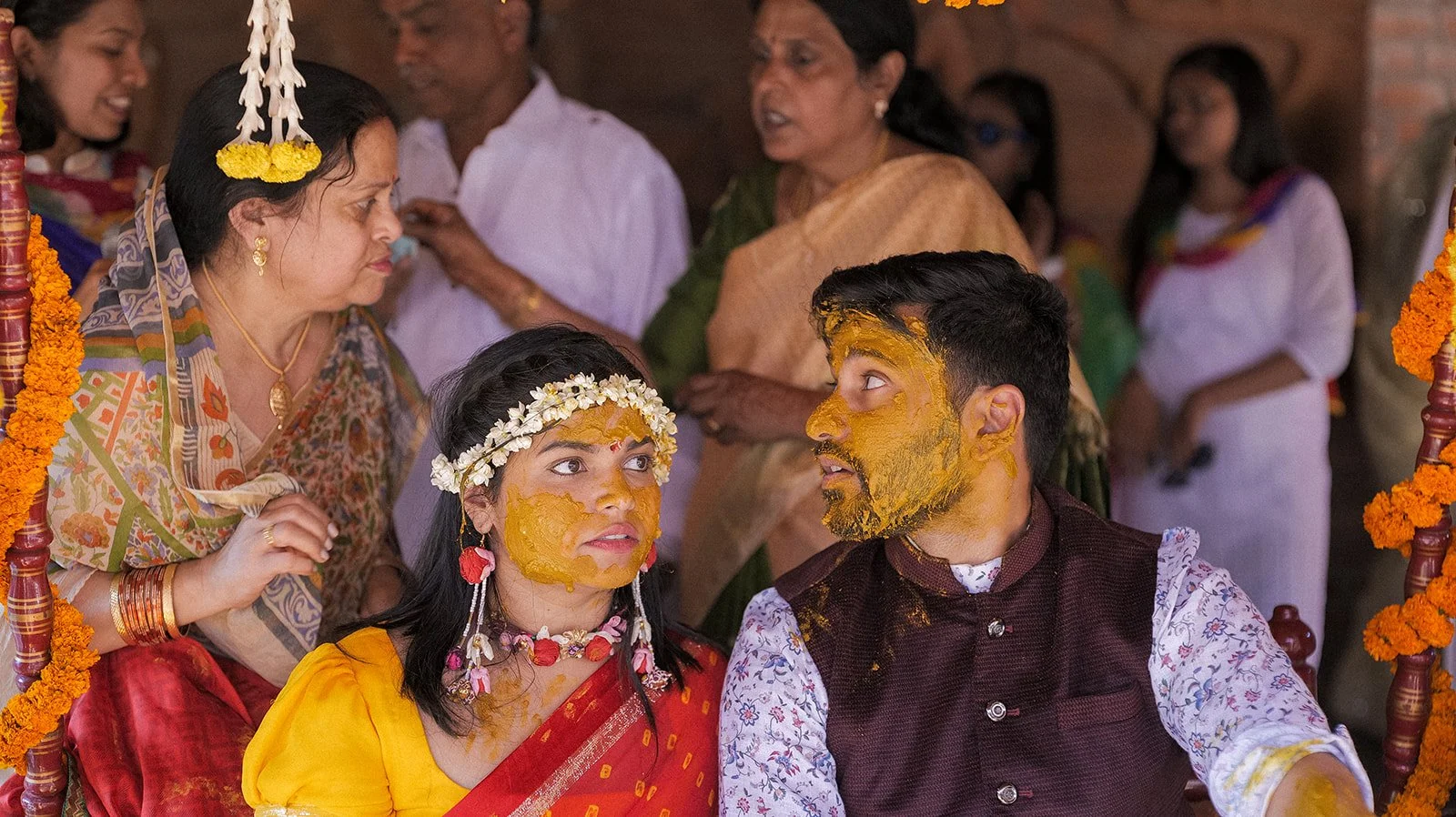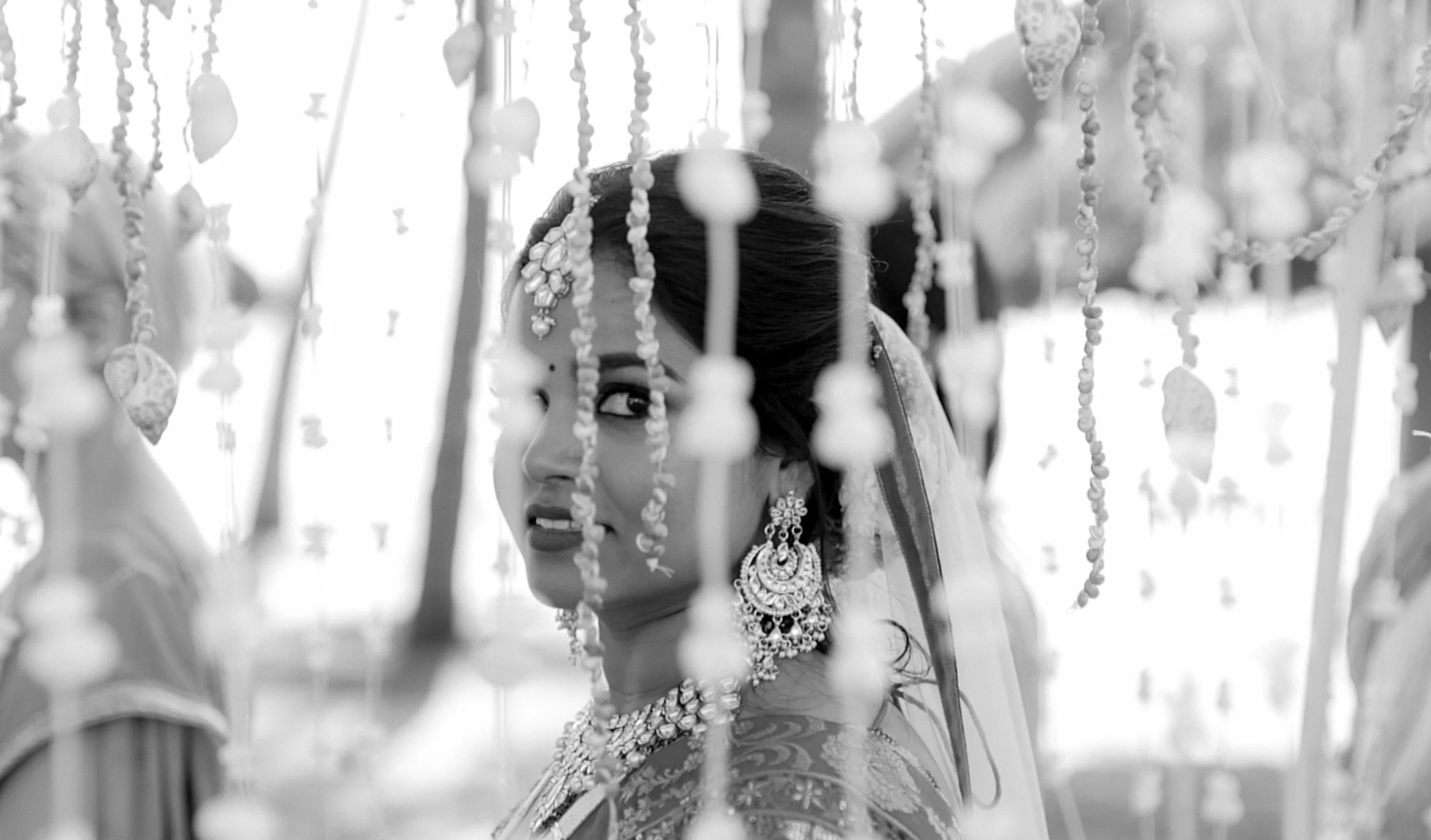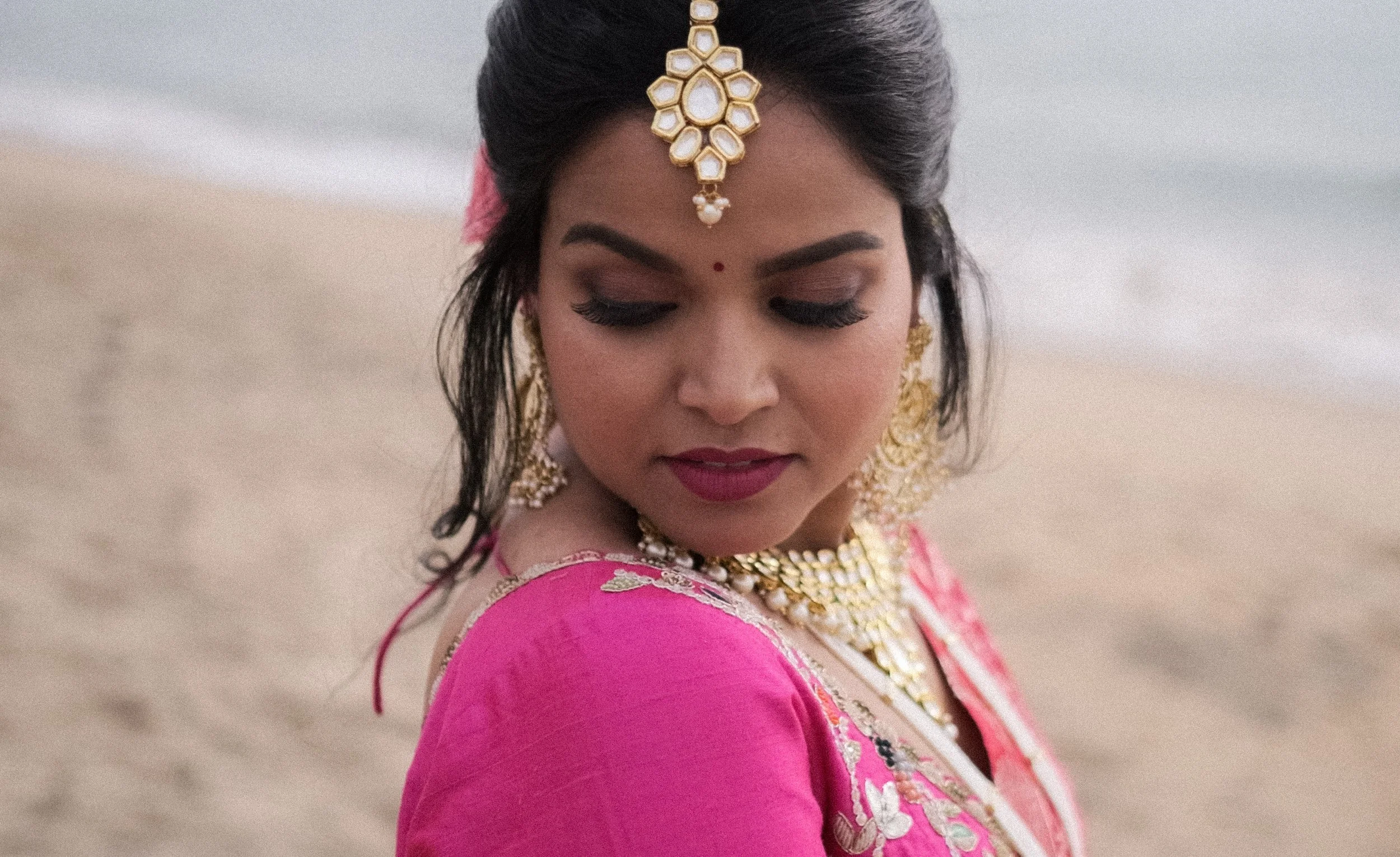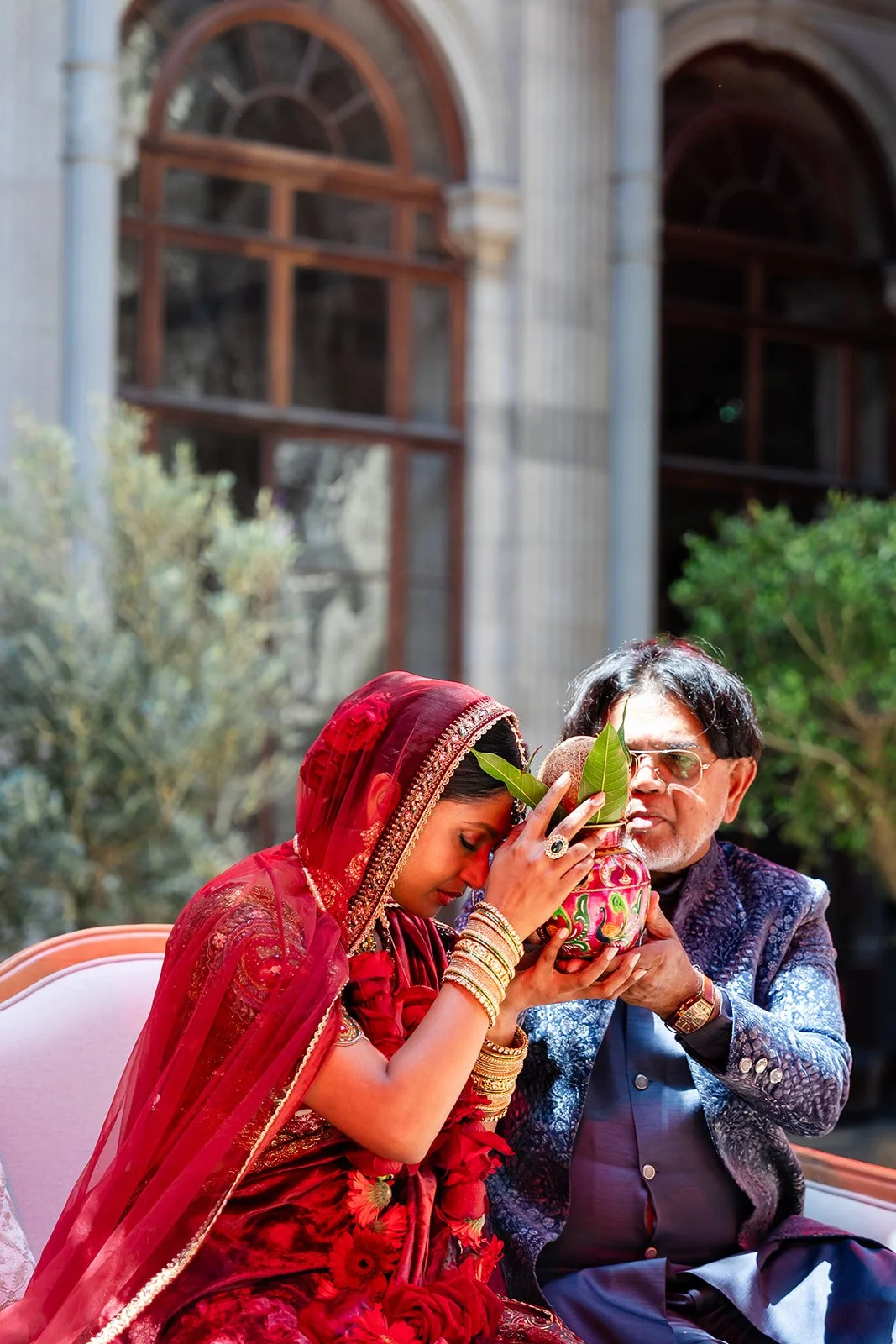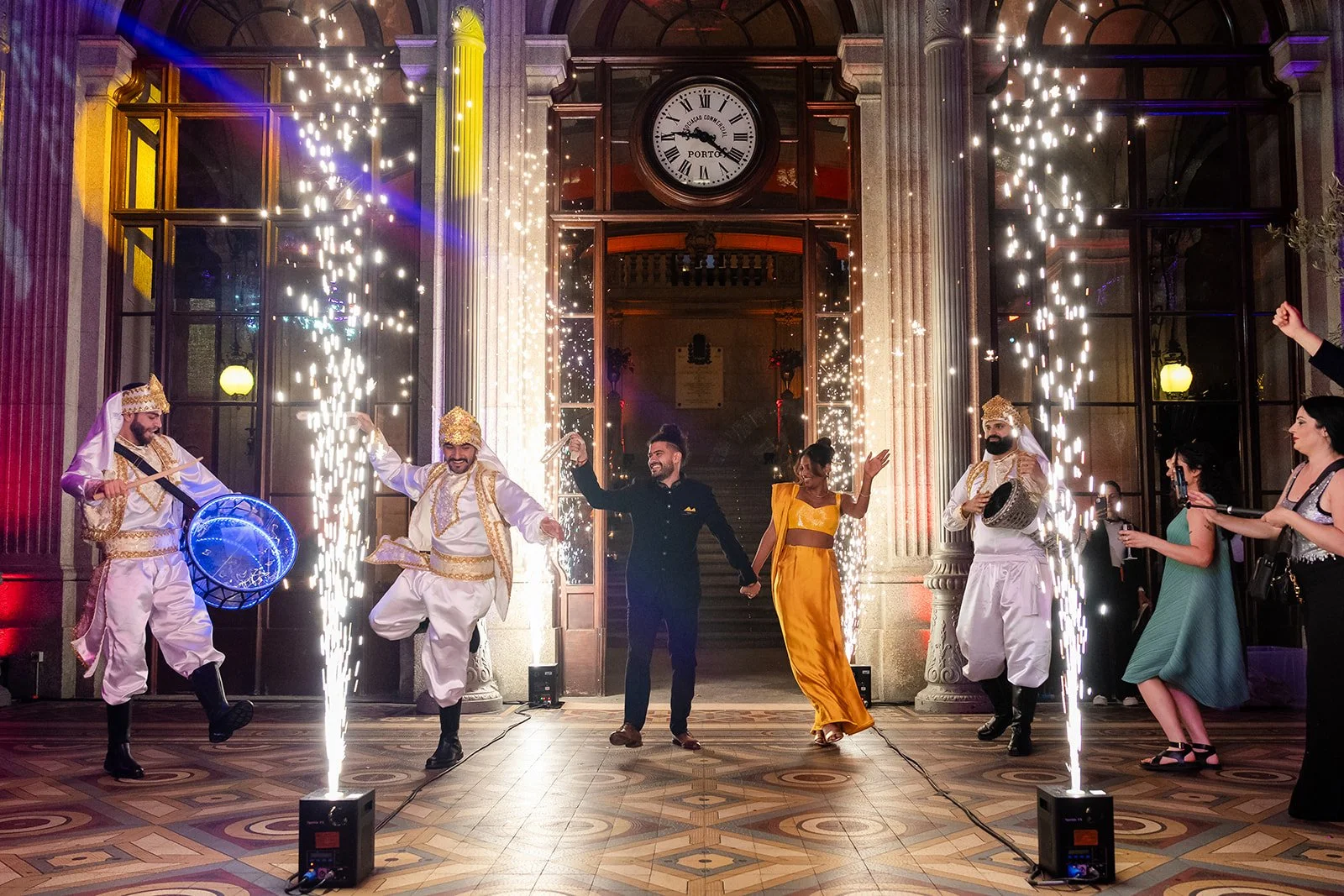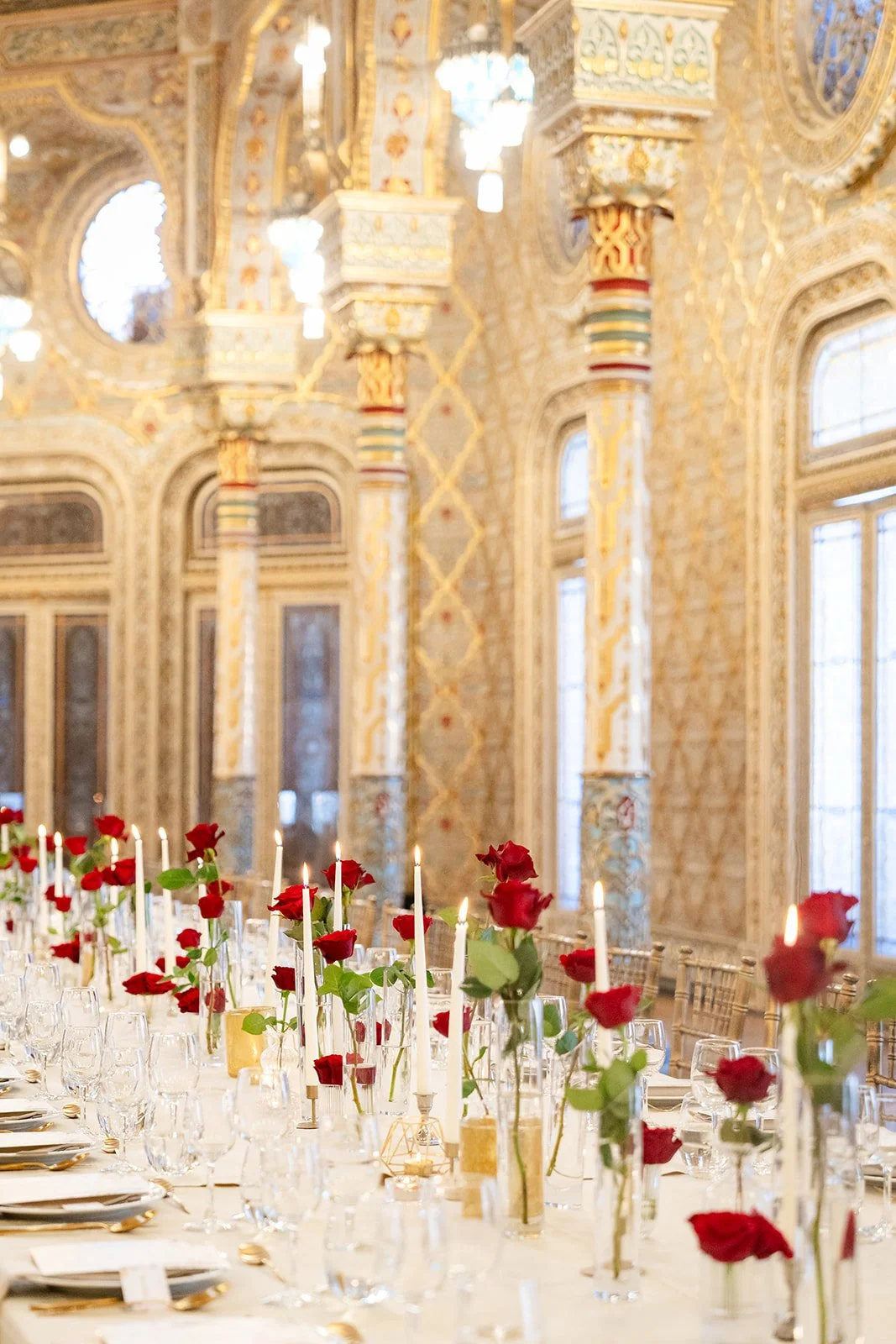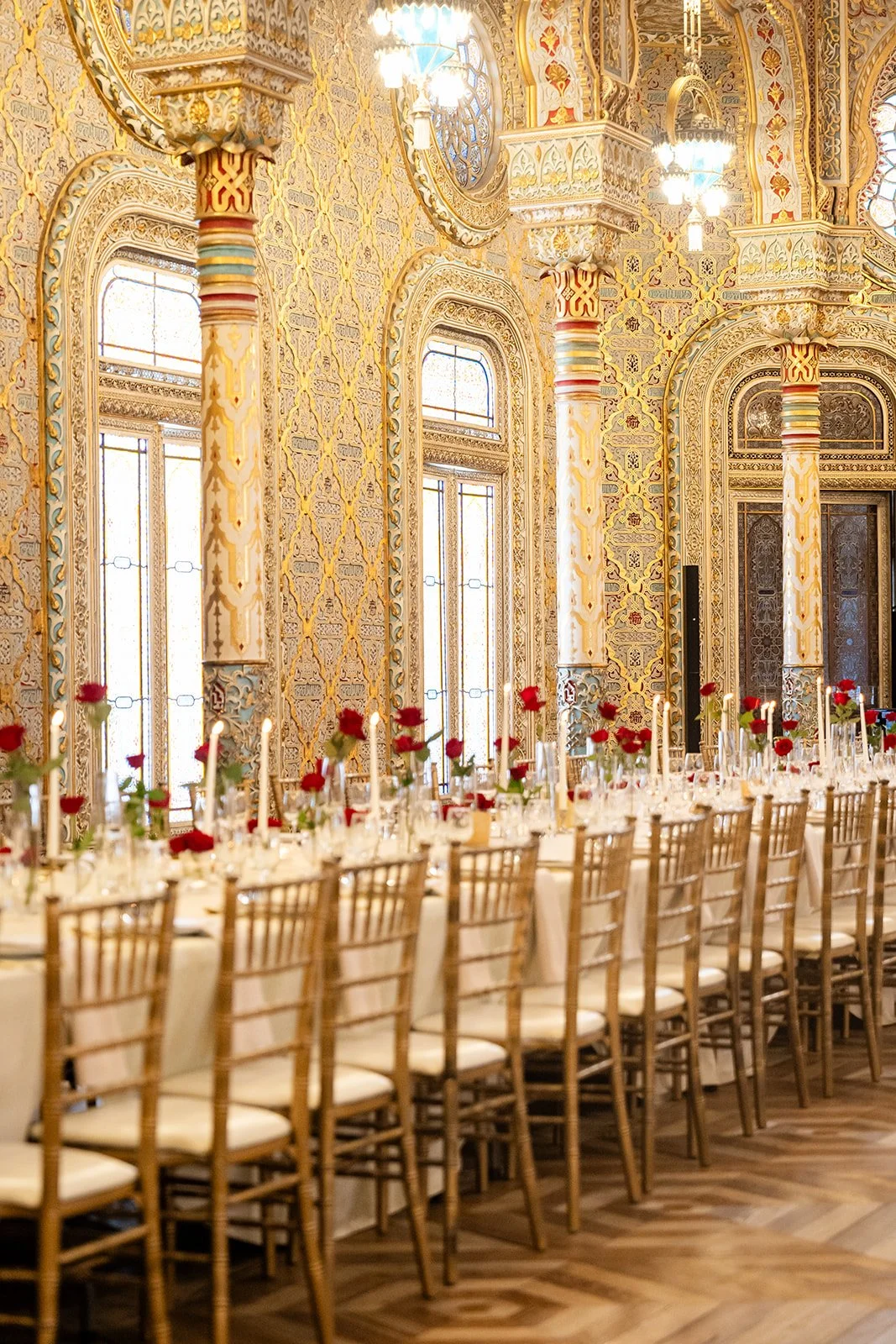Capturing the Magic of Indian Weddings
a Wedding photographer / videographer’s perspective
Indian weddings are legendary for their grandeur, beauty, and deep cultural traditions. Unlike most Western weddings, they often span several days and include multiple rituals, each with its own meaning and symbolism. For an Indian wedding photographer and videographer, these events are not only visually stunning but also emotionally powerful, offering countless opportunities to capture unforgettable moments.
From the vibrant colors of the attire to the laughter shared with family, every moment deserves to be preserved with care. Below, we’ll explore the most important Indian wedding traditions, their meaning, and why choosing the right wedding venue, timing, and professionals is key to capturing them beautifully.
The Key Traditions in Indian Weddings
Indian weddings are known for their grandeur and deep-rooted cultural rituals.
Each ceremony carries symbolic meaning and contributes to the storytelling.
Mehndi Ceremony
The Mehndi usually takes place a day or two before the wedding. The bride’s hands and feet are decorated with intricate henna designs, often symbolizing prosperity, love, and luck.
For videographers, this is a chance to record intimate moments between the bride, her family, and friends.
For photographers, close-up shots of the henna designs are essential, as well as candid smiles and laughter during the gathering.
Haldi Ceremony
In this ritual, turmeric paste is applied to the bride and groom by their families. The yellow color represents purity, blessings, and the cleansing of body and soul before marriage.
From a creative perspective, the Haldi is full of laughter, playfulness, and bright yellow tones that make for vivid and joyous photographs.
The Baraat
The groom arrives in a festive procession, traditionally on a horse, accompanied by music, dance, and the excitement of his family. It’s one of the most high-energy moments of the wedding.
Capturing the Baraat requires quick reflexes and a keen eye for emotions—the cheering, the dancing, the music, and the anticipation as the groom approaches the venue.
Sangeet
The Sangeet is a night of music, dance, and pure celebration. Both families come together to perform choreographed dances, sing, and celebrate the upcoming union.
For a wedding photographer and videographer, this is the perfect chance to capture movement, rhythm, and the pure joy of family bonding. Dynamic angles, drone shots, and cinematic filming elevate this night into a vibrant highlight of the wedding film.
The Vidaai is one of the most emotional moments. The bride bids farewell to her family as she begins a new chapter of her life.
For photographers and videographers, this is about capturing raw emotion—tears, hugs, and the bittersweet beauty of family bonds.
Vidaai
The Mandap Ceremony (Wedding Rituals)
The actual wedding rituals take place under the Mandap, a decorated canopy that symbolizes the couple’s new life together. Fire, prayers, and sacred vows form the core of this ceremony.
Here, cultural sensitivity is crucial for a photographer and videographer. Respectful framing, careful use of light, and attention to the priest’s cues ensure the sacredness of the rituals is preserved in both photos and film.
Timing and Planning Between Events
Since Indian weddings can last three to five days, scheduling is everything.
Each ceremony flows into the next, leaving little time for rest. An experienced photographer and videographer team knows how to manage energy levels, plan gear setups, and still stay alert to spontaneous candid moments.
The Importance of Venue Choice
Each of these traditions requires space, ambiance, and the right setting. Choosing a wedding venue that accommodates multiple days of celebrations is essential. Luxury resorts, palaces, or seaside properties in destinations like Sicily, Tuscany, or Portugal are increasingly popular for Indian weddings abroad.
A photographer and videographer must scout the venue ahead of time to understand lighting, backgrounds, and logistics to ensure every tradition is captured perfectly.
Conclusion
An Indian wedding is not just a celebration—it’s an epic story of love, family, and tradition. For a photographer and videographer, it’s a dream opportunity to capture vibrant colors, emotional rituals, and unforgettable memories.
Couples should look for a wedding photographer and videographer who understands Indian wedding traditions and can adapt quickly to changing environments. they should capture not just the rituals, but the emotions that define them.
With the right team and the right venue, couples can ensure their wedding story is told in the most beautiful and timeless way.




